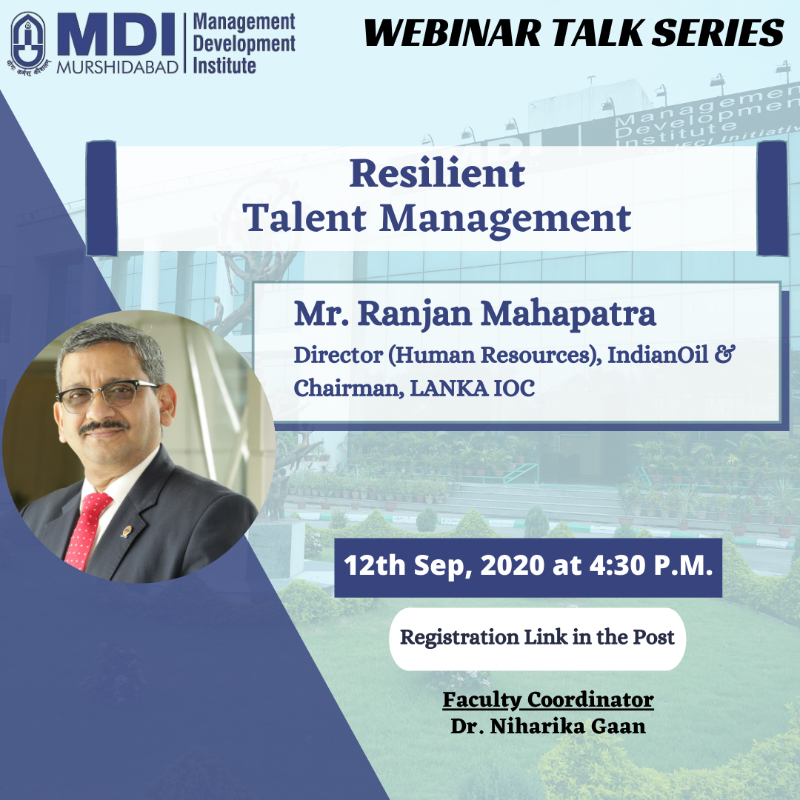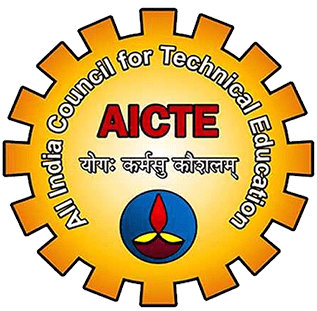The Webinar Talk Series – Resilient Talent Management (12th Sept. 2020, 4.30 PM)

The June 2020 Global Economic Prospects describes both the immediate and near-term outlook for the impact of the pandemic and the long-term damage it has dealt to prospects for growth. The baseline forecast envisions a 5.2 percent contraction in global GDP in 2020, using market exchange rate weights. This is probably the deepest global recession in decades, despite the extraordinary efforts by governments to counter the downturn with fiscal and monetary policy support. Over the longer horizon, the deep recessions triggered by the pandemic are expected to leave lasting scars through lower investment, an erosion of human capital through lost work and schooling, and fragmentation of global trade and supply linkages.
COVID has been a big disruptor. Our experiences during the COVID-19 has helped us realise that empathy- based actions during these times of uncertainty brought results. Disseminating authentic information and consistently reaching out to people helped us in keeping the workforce engaged and motivated. Even the HBR coronavirus coverage implores upon leaders to approach the situation with empathy.
The HR challenges have become multi-fold and the focus on people and the people strategies has become very crucial. I see the HR challenges affecting the legs of the following tripod equally:
1. Work
2. Workforce
3. Workplace
I see that the work norms are changing with increasing digitalisation that affect HR operations, talent sourcing and of course, the emergence of Cross-functional collaboration and Network of Teams. Further, due to COVID, there is a need for new types of talent that can handle unprecedented situations and at the same time, maintain business continuity.
Our experiences in keeping the talent resilient to encounter the onslaught of COVID-19 have been extremely insightful. In nutshell, this resilience has its roots in the well-established policies & practices in the organization supported with an ingrained value system. Even research shows that emergency management situations require responses not just in technical sphere but also, in socio-cultural domains, among others. This necessitates the need for well-shaped resilient talent management strategies in organisations.





